Exact Answer: At Least 2 to 3 Days
Maintenance of hygiene is highly important. Taking care of your health includes maintaining every part of your body healthy. And that highly includes oral hygiene. Not many of us think that oral hygiene matters a lot. People think that just brushing twice a day covers it. But it does not.
Sometimes, the food you eat, the time you eat them, and how they affect your teeth all matter in taking care of your oral hygiene. It includes taking care of your whole mouth and your throat too. But, sometimes, some things get out of hand with your teeth and need to be taken care of. That’s when dentists suggest oral surgery.
But, after oral surgery, there are certain things you must follow, like not drinking from a straw for at least two to three days.
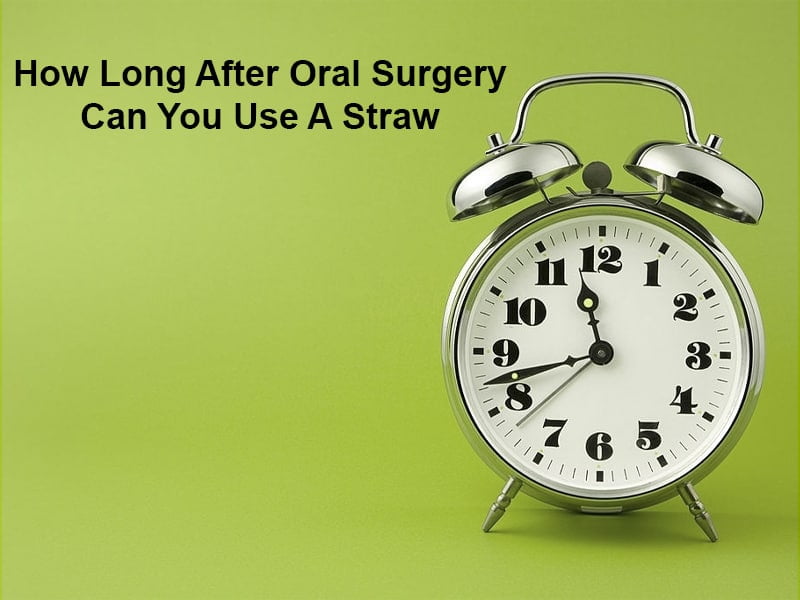
How Long After Oral Surgery Can You Use A Straw?
| Things one must follow after oral surgery | The recovery period of oral surgery | The period after which you can use a straw | Reasons not to use a straw after oral surgery |
| Intake of soft diet, avoid crunchy diets, keep your mouth clean, apply ice, and avoid drinking using a straw | It is based on the individual’s physical health. It could take from 24 hours to a week. | After 2 to 3 days for safety measures. | Using a straw can unclog the wound and lead to bleeding. |
Oral surgery is common among people who have various tooth issues. Some of the common issues related to tooth include tooth decay, force trauma, and many more. If you are experiencing pain while eating or drinking, bleeding, and oozing from your teeth, you must consult a dentist for a checkup.
After you consult your dentist, you might be suggested to undergo oral surgery. They will prepare you for the upcoming process and then the surgery will take place.
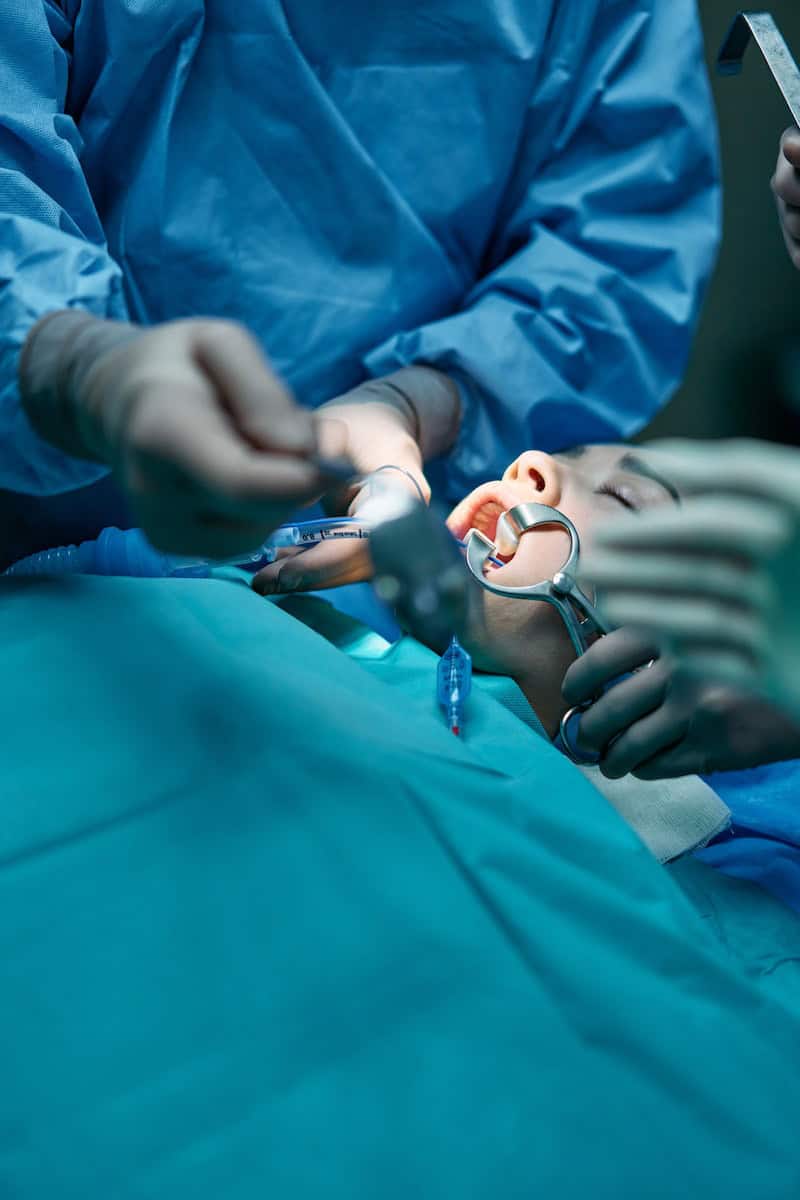
If it’s about clearing out cavities and tooth decay, the healing process will take about 2 to 3 days. But, if you are getting your wisdom teeth removed, it could take weeks to heal.
When you go through oral surgery, there are many things you must follow. You should also restrict yourself from various normal activities you would keep pursuing on any normal day. You should stick to soft diets, not intake any food or drink too hot or too cold, keep your mouth clean and ice the area.
Why Shouldn’t One Drink Using A Straw Immediately After Oral Surgery?
Anyone who undergoes oral surgery must also know that they should abstain from using a straw for at least 2 to 3 days. You should not use a straw for at least 24 hours after oral surgery, because when you suck any drink, the force will dislodge the clot on the wound.
When the clot dislodges, it will lead you to have a dry socket. The clot formed at the entrance of the wound will stop bleeding and oozing. When the clot is dislodged, the sensitive nerves and bones in your teeth will be exposed to discomfort, pain, and even infection.
So, it is better if you avoid sucking, so that the clot does not get removed and gets penetrated with bacteria and infection. If you do something that might lead you to have a dry socket, it would certainly set back your recovery and take more days to heal.

On the other hand, using a straw could also lead to increased pain, bleeding, and swelling. Sucking can increase the chance of reopening and so, it is advised you don’t use a straw for at least 2 days after you get oral surgery.
Conclusion
There are many things you must and must not do after oral surgery. Use tea bags and ice packs to reduce your swelling. The recovery process takes time, and the duration depends upon the physical condition of the patient.
If you keep experiencing symptoms for a long time, you must consult your dentist and ask for remedies and medicines. If you take care of your oral hygiene well after the oral surgery, the recovery process will speed up.

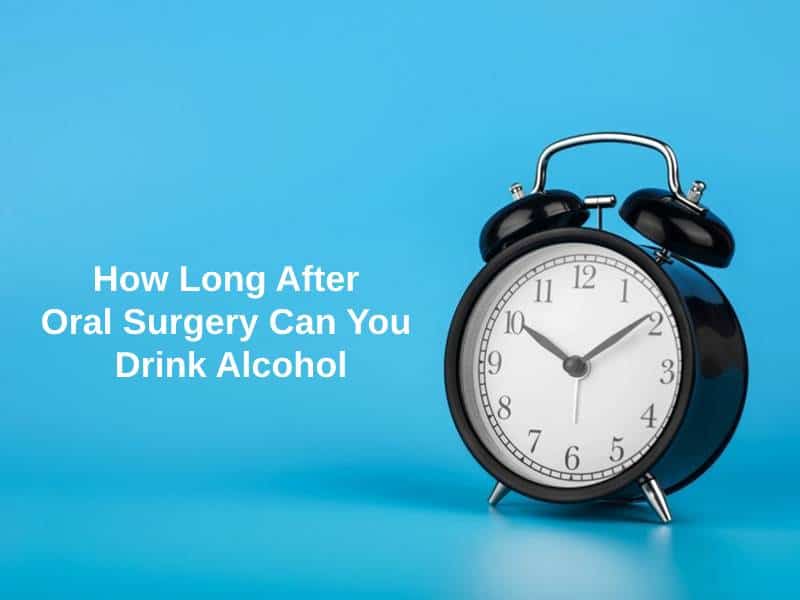
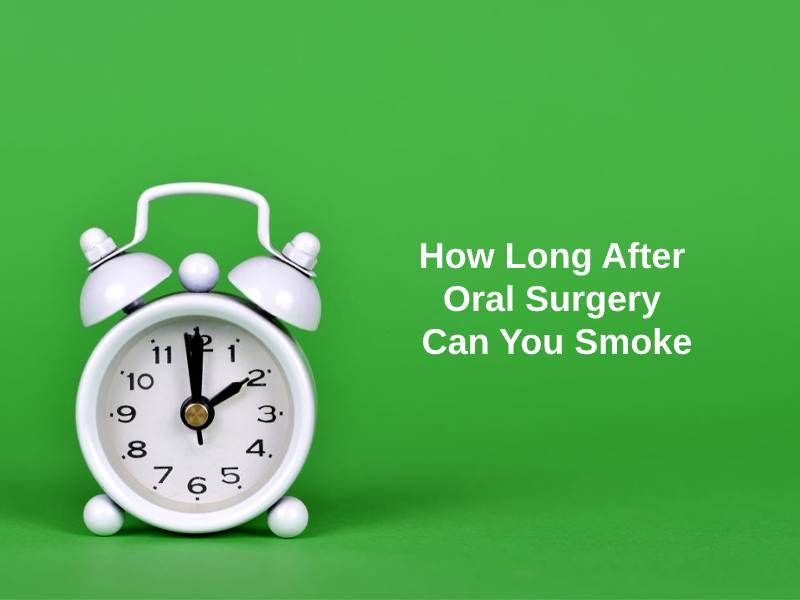
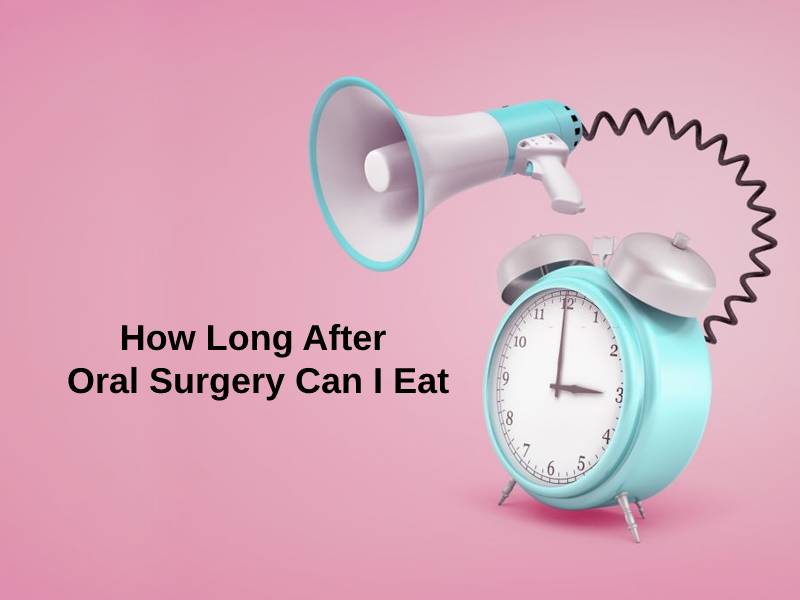
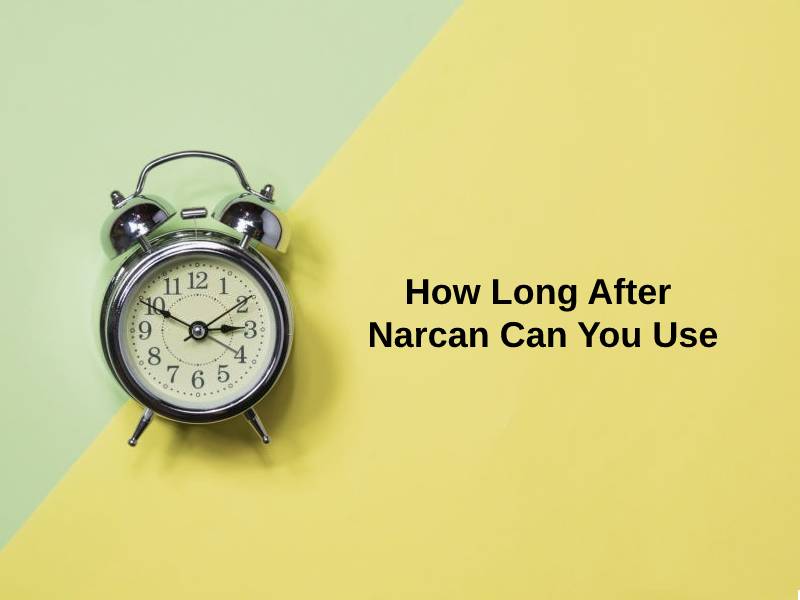

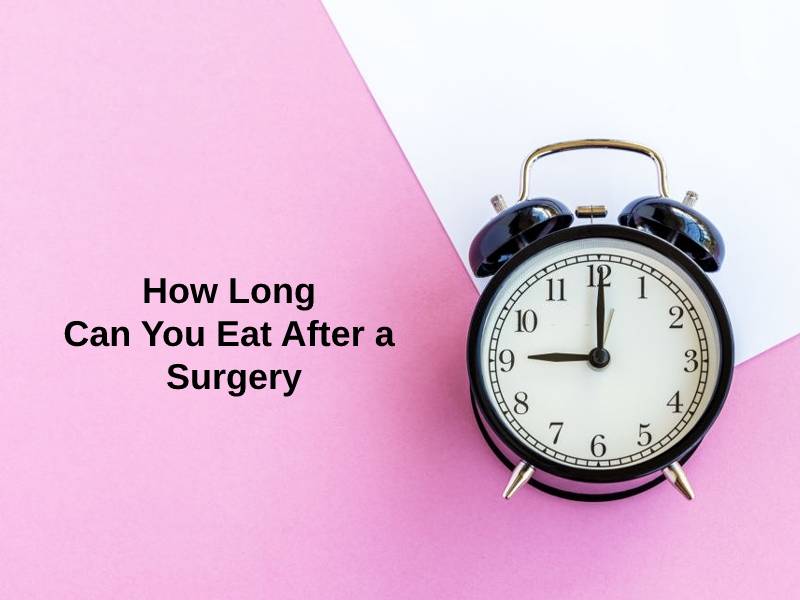

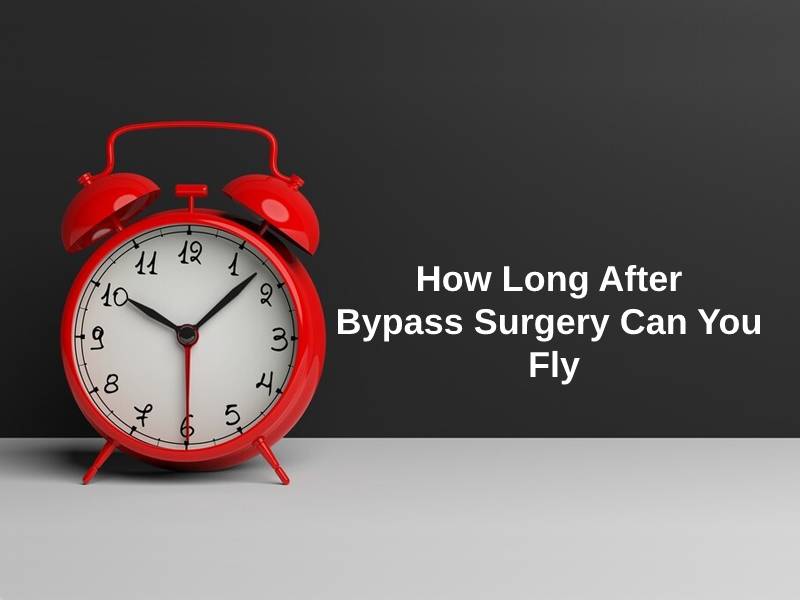
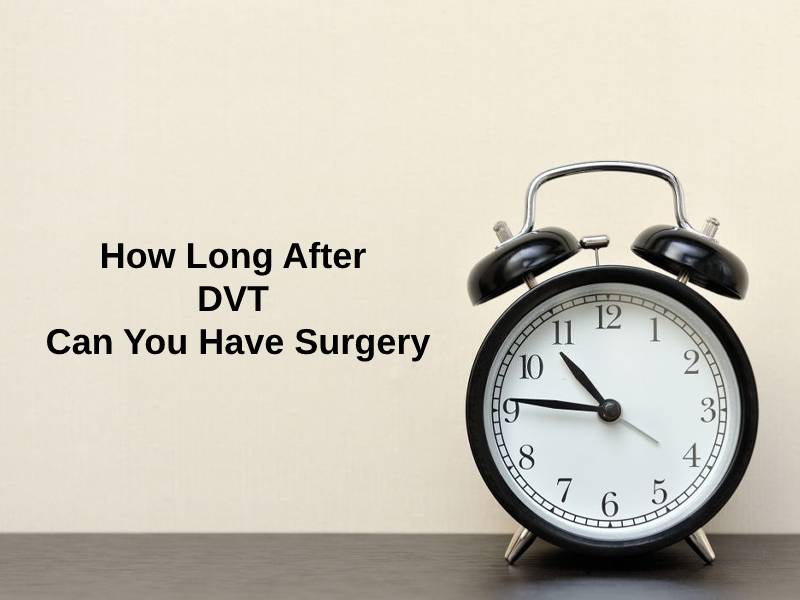
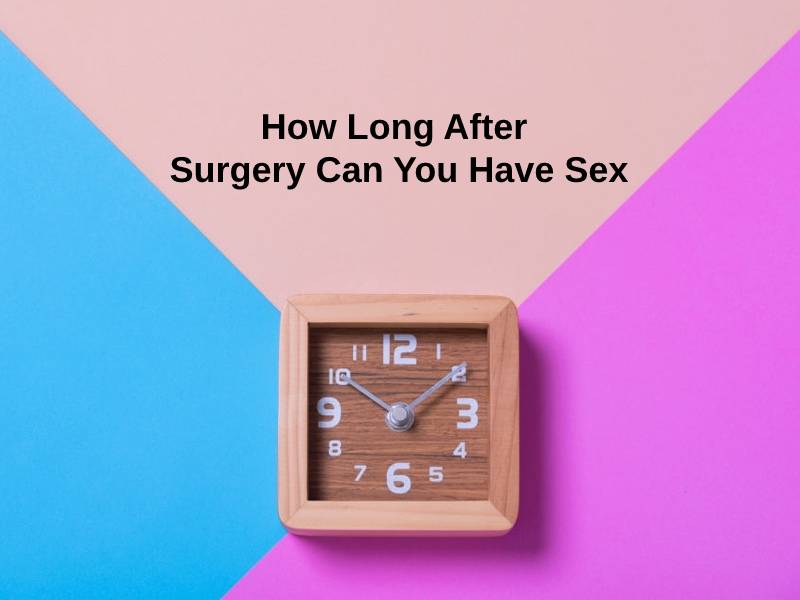
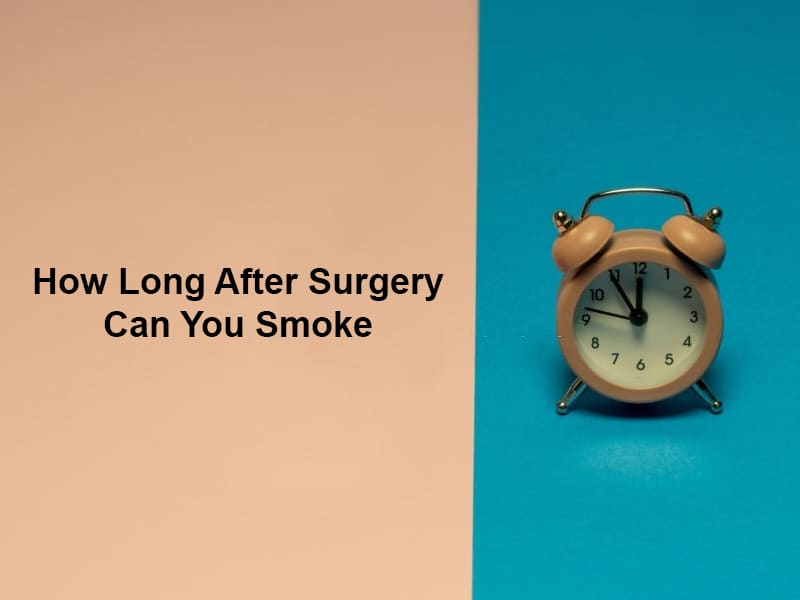

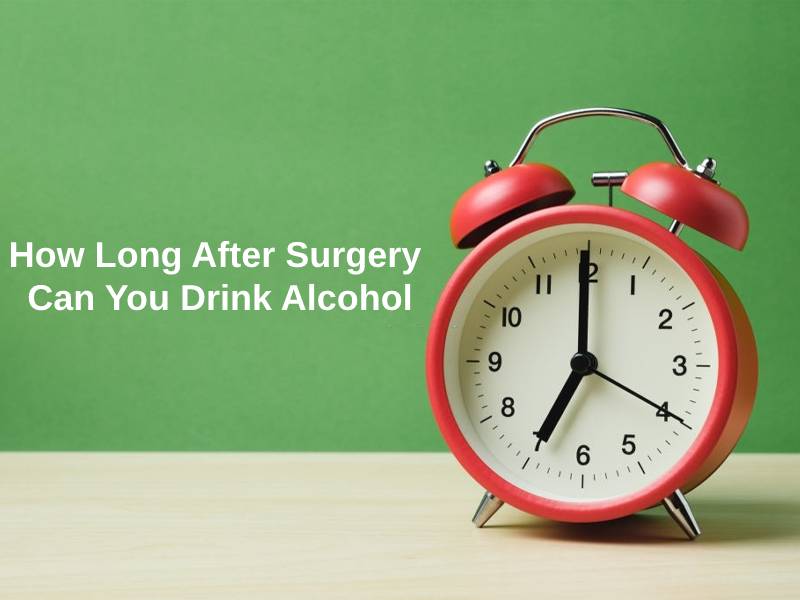
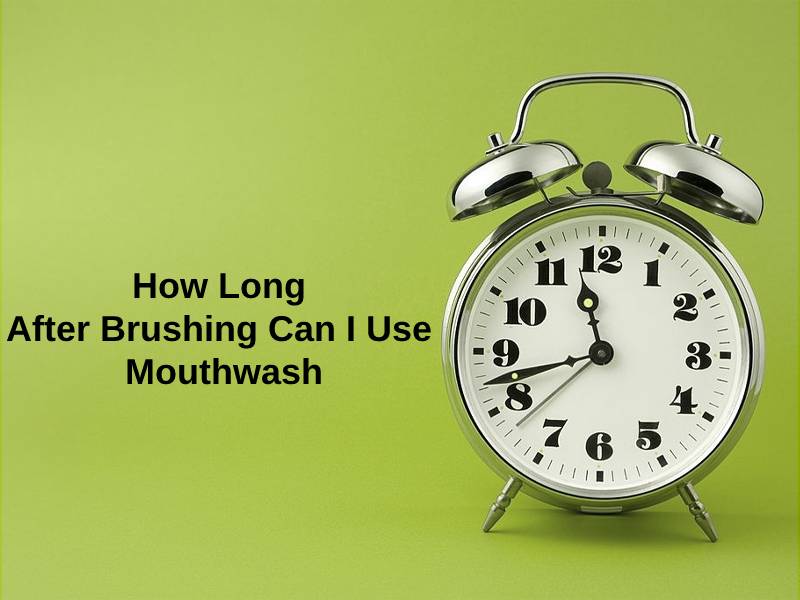
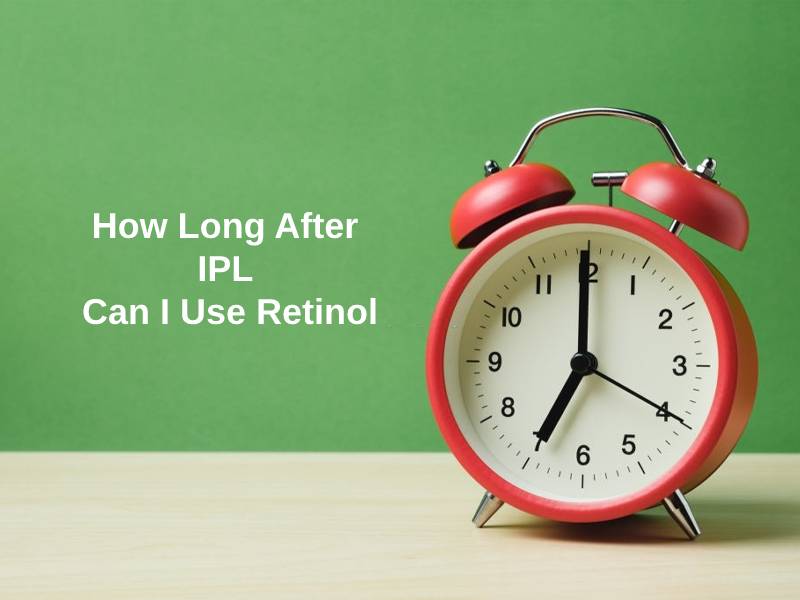
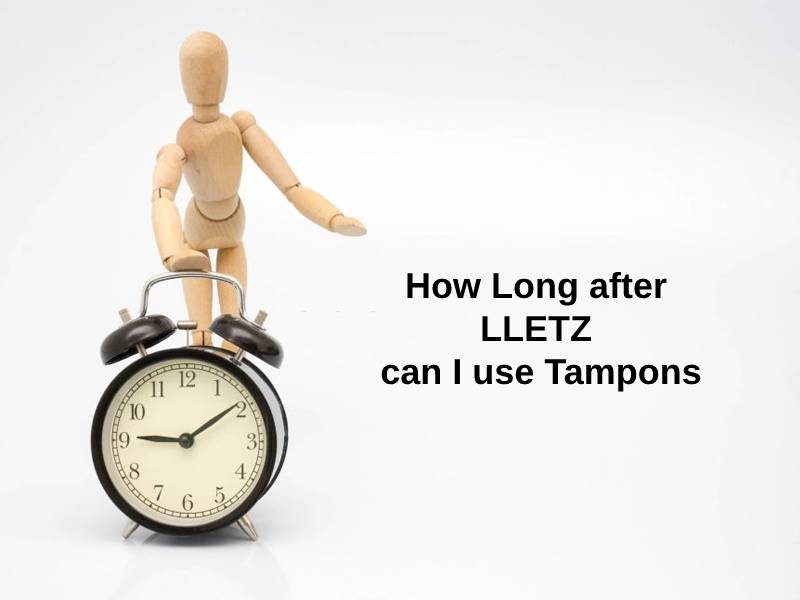
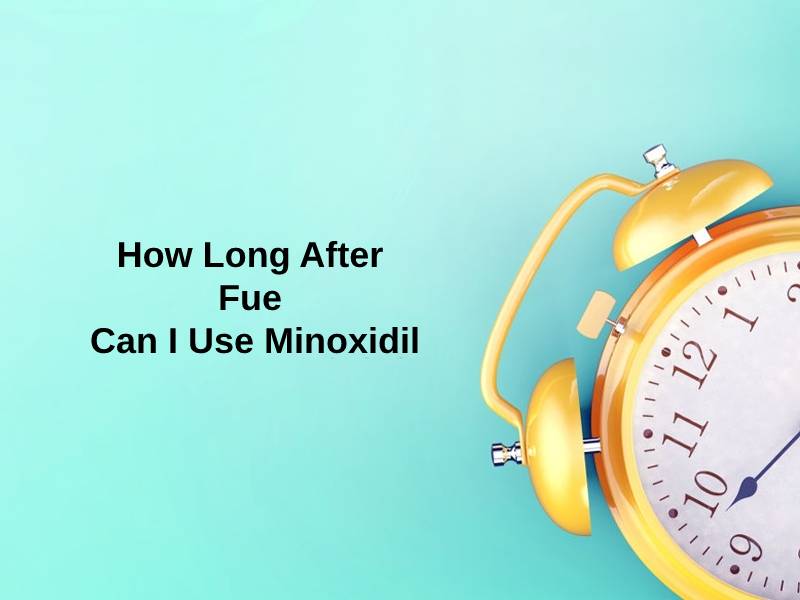
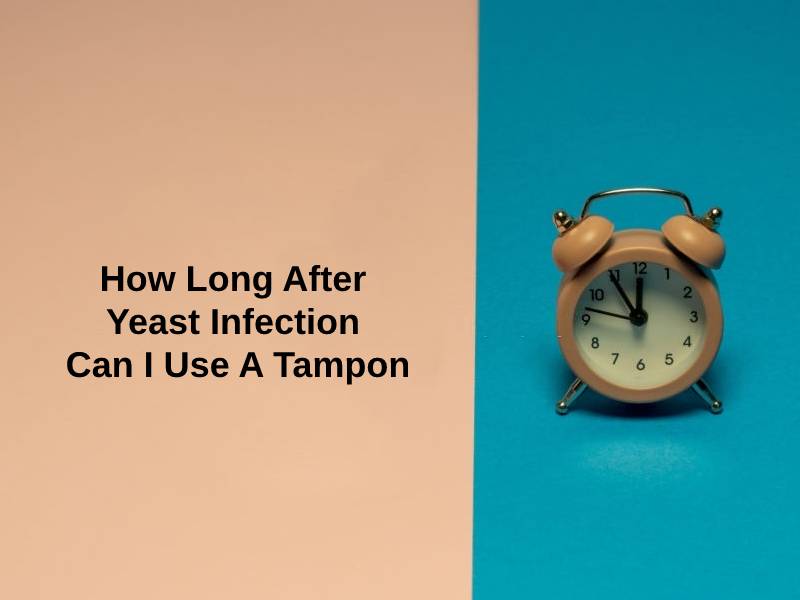
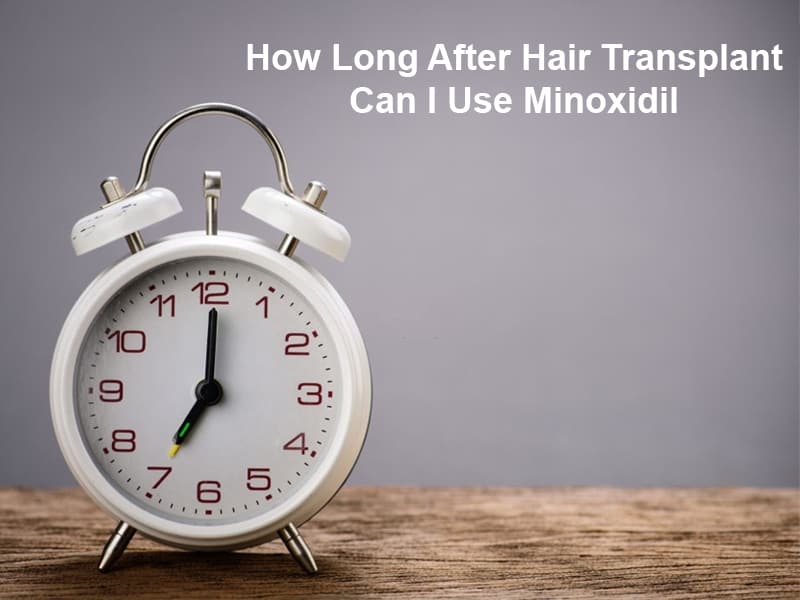

The precautions and details provided in this article are extremely useful in understanding the risks associated with using a straw after oral surgery.
I couldn’t agree more. Such valuable insights shared here.
Definitely, the article presents vital information in a comprehensive manner.
Good advice on aftercare for oral surgery. Knowing the risks and recovery period is essential.
Yes, understanding the factors affecting recovery time is very beneficial.
This article provides thorough details on oral surgery recovery and the reasons to avoid using a straw. Impressive resource.
An excellent and thorough understanding of what to expect after oral surgery and the importance of avoiding straws.
This article thoroughly explains why a person should refrain from using a straw after oral surgery. This information is crucial for everyone.
Absolutely, I appreciate the in-depth details provided.
I agree, this is very informative.
I appreciate the scientific approach taken in explaining the impact of using a straw after oral surgery.
Absolutely, the risks involved are explained very clearly.
Yes, this article is a commendable source of knowledge.
The critical explanation of why one should avoid using a straw after oral surgery is quite enlightening. Well-written and insightful article.
I couldn’t agree more. A well-structured and detailed post.
Absolutely, the information shared here is truly invaluable.
The risks and reasons for avoiding straws after oral surgery are well presented in this article. Great read.
Indeed, this piece serves as a valuable educational resource.
This is a meticulously written piece enlightening about the importance of oral hygiene and care post oral surgery.
Absolutely, the impact of using a straw after surgery is well articulated.
Indeed, the knowledge shared here is quite valuable.
The explanation regarding the risks and consequences of using a straw post oral surgery is comprehensive and easy to understand.
Agreed, this information should be widely shared.